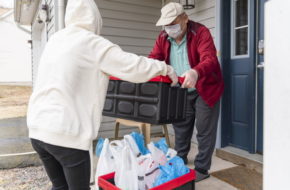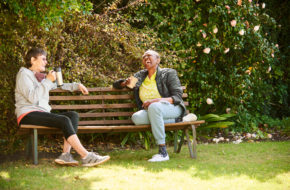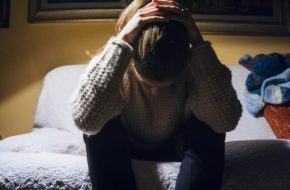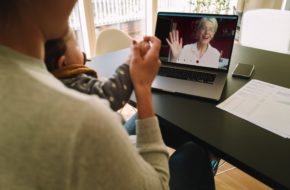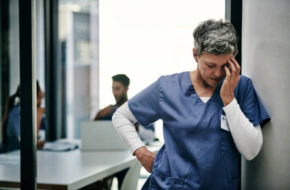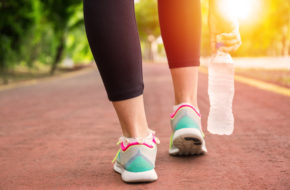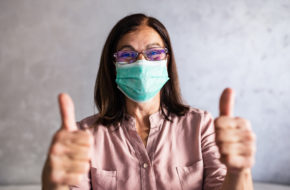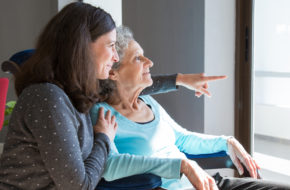With the visitor restrictions, the enhanced safety measures and even the way we interact with one another, all implemented in response to COVID-19 disease, it’s obvious we are in a changed world, especially in terms of senior lifestyle and health care services.
While the many changes may have been unsettling, what I have witnessed in my newer role as vice president of operations for a number of Diakon senior living communities is a staff response I can characterize no other way than incredible.
Diakon staff members have constantly gone above and beyond in their efforts to meet head-on the challenges we face. Although each Diakon senior living community is unique in some ways, the approach to safety for both residents and staff, the ways we clean, disinfect and protect, are consistent across the board.
In addition, our staff members have become very creative in efforts to engage residents through technology. In addition to using FaceTime, Facebook Live, Skype and telemedicine visits, we have encouraged family members to talk with residents on their phones or connect virtually because we understand the importance of making personal connection possible as we work to ensure residents’ physical and mental well-being.
All of which points to a critical message as the regions in which Diakon senior living communities are located transition from “red” to “yellow” and even from “yellow” to “green.” Pent-up energy to be with family members will undoubtedly fuel an increasing desire to see loved ones within our senior living communities. That is absolutely understandable and we welcome these reunions.
At the same time, we need to remind everyone that we cannot let our guard down. Older adults are particularly susceptible to severe cases of COVID-19 disease. That caution pertains not just to residents in personal care, assisted living or nursing care, but also to those who live in independent-living homes and apartments on our campuses, especially in light of reports that indicate the relative ease with which this virus sometimes can be transmitted.
For that reason, even as we begin to plan how to ease visitor restrictions, we need to remain extremely vigilant, adopting new practices and emphasizing the tried-and-true measures with which we all have become familiar:
• Wash your hands frequently
• Wear a mask as appropriate to the occasion, but particularly in public. You are not only protecting yourself, but others as well
• Maintain physical distancing
• Monitor yourself for potential symptoms of the virus
• Try to avoid crowded places, particularly where others are not following safety measures
I recently read of people who object to the phrase “new normal,” because they believe we can soon return to what we considered normal. I certainly hope we can eventually resume the lives we experienced before COVID-19. But I also read an article by an epidemiologist who indicated that, even with a vaccine, this virus—which he hoped would eventually weaken—may be with us a long time.
We want your loved ones also to be with us a long time.
That is why we will continue to underscore the need for caution and vigilance even as we take first steps toward the new senior-living landscape.
Robert Musser serves as senior executive director of Buffalo Valley Lutheran Village, Lewisburg, and is vice president of operations for Diakon Senior Living –Hagerstown, Maryland, and three Diakon campuses in Pennsylvania: Cumberland Crossings, Carlisle; Frey Village, Middletown; and Ohesson, Lewistown.
Because we review comments, they do not appear immediately. Please do not submit each comment more than once.

